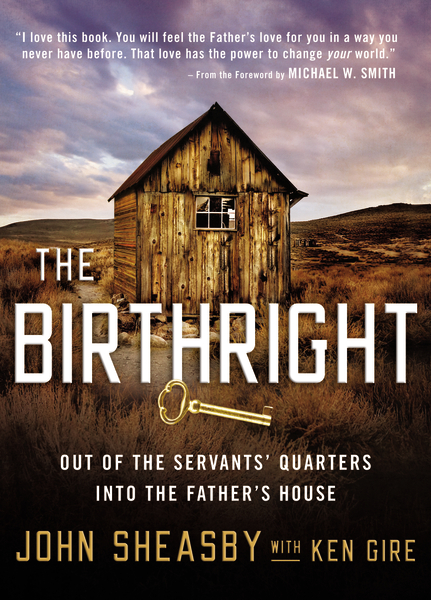
A couple of months ago I read Carl R. Trueman’s new book The Creedel Imperative (Crossway 2012). What a delight! Trueman is a church historian; he earned a PhD at Aberdeen and is Paul Woolley Professor of Church History at Westminster Seminary, Philadelphia.
He is well qualified to author this book. He begins with a brief study of the current anti-creedal culture in which we live, exposing the weakness and even disingenuousness of those who say, “We have no creed but the Bible.” He points out that every church has a creed. It is either written and public or not. Those that are written are open to biblical scrutiny. Others can challenge the propositions that are stated in it. When it is unwritten and private it cannot be scrutinized appropriately.
He argues for the adequacy of human language to convey truth. God used words to speak to his people, and we use words to talk to one another about God. In Ex 12:26-27 the Lord tells the Israelites the very words to use when talking to their kids about the Passover. In this same chapter he argues for creeds from the numerous creedal type statements in the New Testament, and the idea that there was a “pattern of sound doctrine” that was to be embraced and believed.
There is an enlightening review of the creeds of the early church and the classic protestant confessions – well worth your time.
In his final chapter Trueman discusses the usefulness of creeds. It too, is well worth your time. He points out again that all churches have some sort of creed either written or a private understanding. With a good written creed a church is limited in its theological power and direction. After using the example of the importance of a vision for an institution. He says:
A confession functions in an analogous way for the church: it describes the message which the church is to preach, and it limits the church’s power to what is contained within that document. Take, for example, a minister who decides that the Bible teaches that all Christians should wear clothes of a certain style. Such a case might be bizarre, but how would the church where the minister has “no creed but the Bible” handle this situation? Hermeneutical issues and church power issues would combine in a most awkward manner. Of course, while certain churches do seem to encourage a certain aesthetic when it comes to dress, there are probably very few where the eldership engage in an explicit and high-handed approach to congregants’ fashion sense. More likely in the current climate will be an eldership that issues edicts about where one should send one’s children to school, for whom one should vote, whether couples should use contraception and even, in some case, the specific person one should marry. Some of these issues are more debatable than others but all represent a direct intrusion of the church into areas of life which, generally speaking, are not matters in which the church should directly concern itself. (p. 165)
A confession gives us a succinct summary of doctrine. This summary is useful both for leadership and the members of a congregation. Among other points he goes on to say that a creed or confession relativizes the present. A Creed that stands the test of time over the centuries helps to immunize us to the passing fads of today. It will also help to define and discriminate between one church and another. Good creeds then become the foundation for unity.
There is so much more in this book of 200 pages that I did not touch on, but I wholeheartedly recommend it to you.
Pastor Tom Wenger, Sr
Pasadena Evangelical Presbyterian Church (PCA)

 Here’s another review that Pastor Tom wrote last year. His review of Alan Stibbs’ book
Here’s another review that Pastor Tom wrote last year. His review of Alan Stibbs’ book  Last spring Pastor Tom was recovering from surgery. He caught up on some reading and then posted reviews to the PEP Talk. Here is Pastor Tom’s review of John Sheasby’s book
Last spring Pastor Tom was recovering from surgery. He caught up on some reading and then posted reviews to the PEP Talk. Here is Pastor Tom’s review of John Sheasby’s book  The following book review was written by Pastor Tom Wenger, Sr. and originally appeared in the PEP Talk on April 17, 2011. David Van Drunen’s book
The following book review was written by Pastor Tom Wenger, Sr. and originally appeared in the PEP Talk on April 17, 2011. David Van Drunen’s book